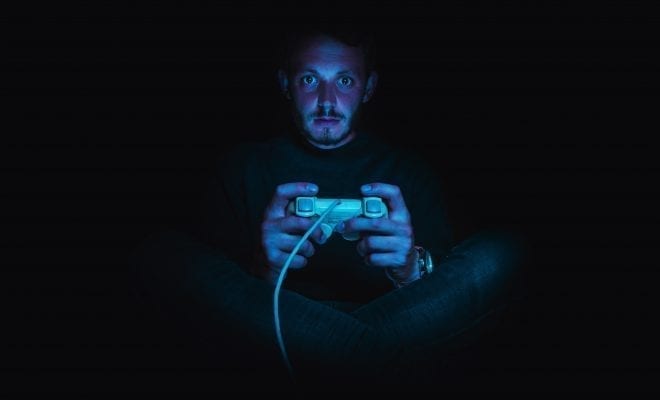
Lifestyle
Is Video Game Addiction Becoming More Prevalent?
After receiving failing grades in 3 out of his 5 classes, Riley knew something needed to be done about his addiction. Riley wasn’t, however, addicted to alcohol, drugs, or cigarettes – video games were his vice. He would find himself logging 8 – 10 hours a day behind the TV, chipping away at the time with his Xbox controller in hand.

Photo by Hardik Sharma on Unsplash
“I would come home from work or class, sit in my chair, and begin playing. It didn’t matter what responsibilities I had for the day, there wasn’t much stopping me from turning my console on and playing into the late hours of the morning,” he would say. Soon, Riley found himself unable to keep up in school. At work, he began to receive write-ups for being late or simply not showing at all. By 2016, he knew he needed to get his life back on track, and video games would not have a place at the table this time around.
Video game addiction has become an increasing concern among both the American Psychiatric Association and the World Health Organization. Just this year, the WHO recognized “gaming disorder” as a legitimate disease affecting hundreds of thousands of people across the globe.
According to research, the vast majority of gamers will not become addicted to video games. For most, video games are merely an enjoyable hobby. However, video games have many characteristics that make them susceptible to becoming an addition. This includes their ability to become immersive, their use as an escape from reality, and even having gambling-esque characteristics.
This is only promulgated by the rise of massive online multiplayer games like Fortnite, Call of Duty, and World of Warcraft. In total, nearly two billion people currently make the up the base of gamers. For the most, they offer a social benefit and provide a fun way to interact and compete with friends. But for some, that fun becomes more than just that.

Photo by Sean Do on Unsplas
A video game disorder is classified by the WHO as having three specific characteristics. 1) Impaired control over gaming, 2) increasing priority is given to gaming to the extent that gaming takes precedence over other life interests and daily activities. 3) continuation or escalation of gaming despite the occurrence of negative consequences.
An important point to make is that one can have a high involvement in gaming, but the line that is drawn between addiction and hobby is that this can be done without negatively affecting your daily life. One aspect that Riley mentioned to me is the fact that he became significantly less mindful in his day-to-day life, often forgetting things. This, coupled with a severe case of anxiety, was only alleviated once he got back into the game.
Video game addiction is something we have yet to fully understand, as it is unique when compared to other addictions. With the rise of mobile gaming, along with more immersive gaming experiences like those provided by VR, video games are only getting more exciting. But to reiterate, video games as a whole are not the problem. They actually bring quite a bit of good to the world, whether it be friendly competition, as a way to relax, or a way to stimulate our minds and experience new things. However, it is imperative we recognize the growing concern of video game addiction in order to help those who suffer from this.





0 comments